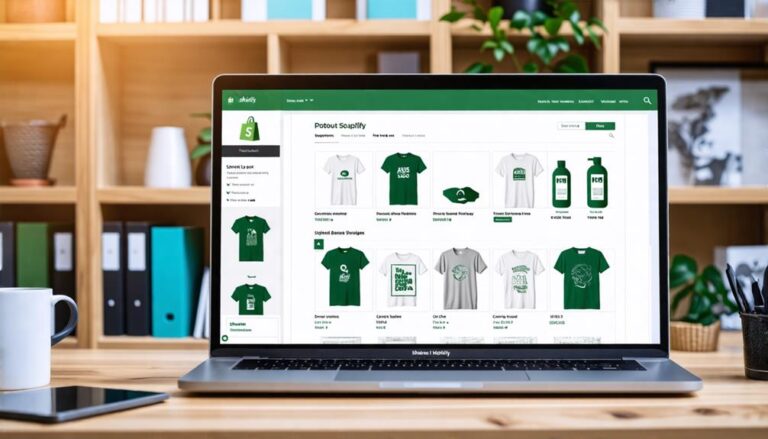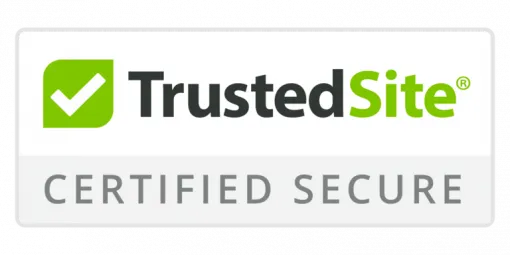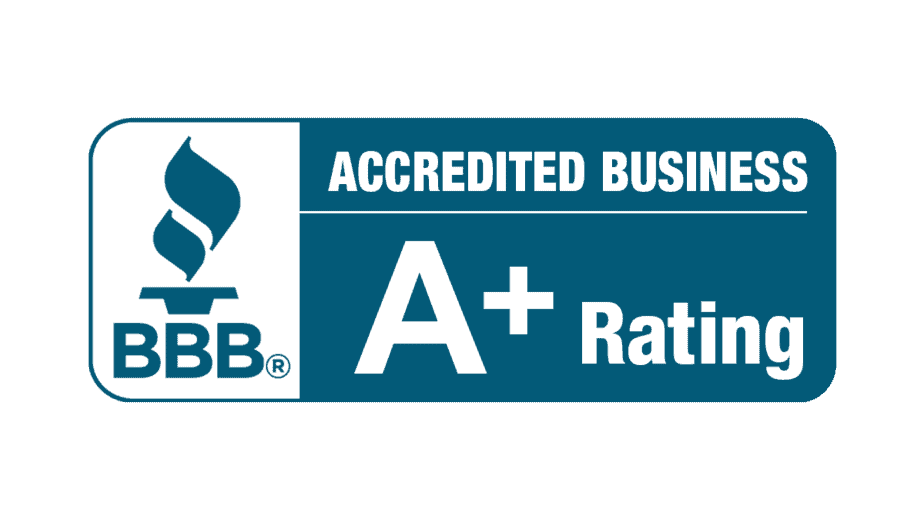How to Offer Digital Marketing Courses Online
Offering digital marketing courses online as a side hustle can be a lucrative way to share your expertise and earn extra income. Here's a step-by-step guide to help you get started and ensure your venture is successful.
Step 1: Identify Your Target Audience
Understanding who your ideal students are is crucial for creating relevant content and effective marketing strategies. Are you targeting beginners, small business owners, or marketing professionals looking to upskill? Knowing your audience will help you tailor your courses to their needs and preferences.
Step 2: Define Your Unique Selling Proposition (USP)
What sets your courses apart from others in the market? Perhaps you offer hands-on projects, one-on-one mentorship, or exclusive industry insights. Clearly defining your USP will help you attract students who are looking for exactly what you offer.
Step 3: Develop High-Quality Course Content
Content is king when it comes to online courses. Invest time in creating comprehensive, engaging, and up-to-date modules. Use a mix of videos, quizzes, downloadable resources, and practical assignments to keep your students engaged and facilitate effective learning.
Step 4: Choose the Right Platform
There are several platforms where you can host your courses, such as Udemy, Teachable, or even your own website. Each platform has its own set of features, costs, and audience reach. Choose one that aligns with your goals and offers the tools you need to deliver an excellent learning experience.
Step 5: Market Your Courses
Once your courses are ready, it's time to market them. Utilize social media, email marketing, and SEO to reach your target audience. Collaborate with influencers in the digital marketing space and consider offering free webinars or sample lessons to attract students.
Step 6: Engage and Support Your Students
Building a community around your courses can significantly enhance the learning experience. Offer regular Q&A sessions, create a private Facebook group, or use forums to foster interaction among students. Providing excellent support will lead to positive reviews and word-of-mouth referrals.
Step 7: Continuously Improve Your Offerings
Listen to feedback from your students and continuously update your course content to keep it relevant. Stay abreast of the latest trends in digital marketing to ensure your courses remain valuable and up-to-date.
By following these steps, you can effectively offer digital marketing courses online as a side hustle, sharing your expertise while generating additional income.
Identifying Your Target Audience
To create an effective digital marketing strategy for your side hustle, you need to start by identifying your target audience—the specific group of people who are most likely to be interested in your product or service. You can't just wing it and hope for the best; you need a clear understanding of who your ideal customer is.
That's where demographic analysis comes in. This involves gathering data on factors like age, location, income level, education level, and more. By analyzing this data, you can start to build a picture of your target audience.
Once you have this information, you can start to segment your audience into distinct groups. This is known as audience segmentation. For example, you might have one group of young professionals aged 25-35 who are interested in custom-made crafts, and another group of busy parents looking for convenient meal prep solutions.
Creating Engaging Course Content
Now that you've identified your target audience for your side hustle, you're ready to create engaging course content that resonates with them.
To start, you'll define learning objectives that align with their needs and interests, providing a clear roadmap for your course.
Defining Learning Objectives
When creating engaging side hustle content, defining your learning objectives is essential, as it allows you to clearly identify what individuals will know and be able to do upon completing your side hustle course.
By establishing specific, measurable, achievable, relevant, and time-bound (SMART) objectives, you'll not only boost learner engagement but also enhance the overall value of your course.
Defining learning objectives also plays a critical role in course accreditation, as it demonstrates your commitment to delivering high-quality education.
To create effective learning objectives, consider the following:
- Clearly identify the knowledge and skills your students will gain from your side hustle course.
- Determine the level of proficiency you expect students to achieve upon completing your course.
Developing Engaging Modules
With your learning objectives clearly defined, developing engaging modules that break down complex topics into manageable chunks is essential to creating an immersive learning experience for your side hustle. You're now ready to create informative and concise content that caters to different learning styles.
To achieve this, incorporate a mix of interactive activities, such as quizzes, group discussions, and practical exercises, into each module. This won't only keep your audience engaged but also help them retain information better.
To further enhance the learning experience, utilize multimedia resources, including videos, images, and infographics. These visual aids can help illustrate complex concepts, making them easier to understand and grasp.
Additionally, you can include real-life examples and case studies specific to your side hustle to provide context and relevance to the topics being covered. By developing engaging modules, you'll be able to hold your audience's attention and keep them motivated throughout their learning journey.
This, in turn, will lead to a higher completion rate and more positive feedback, which can help you refine and improve your side hustle offerings over time.
Effective Content Delivery
By focusing on effective content delivery, you can transform your side hustle into a cohesive and impactful venture that not only captivates your audience but also fosters meaningful connections with your offerings.
You'll need to evaluate various content formats and delivery methods to cater to different customer preferences and engagement styles.
Here are a few ideas to get you started:
- Mix it up with multimedia content: Incorporate a range of formats, such as videos, podcasts, interactive quizzes, and gamified challenges, to create an immersive experience for your audience.
- Use storytelling techniques: Weave relatable anecdotes and real-world examples into your content to illustrate key points and make them more memorable.
Building Your Digital Platform
Building Your Digital Platform for Your Side Hustle
Your digital platform serves as the foundation for your online presence, allowing you to establish credibility, build trust, and connect with your target audience. To build a robust digital platform for your side hustle, you'll need to focus on two key areas: website optimization and social media strategies.
Create a professional website that showcases your expertise, provides valuable resources, and offers seamless navigation. Ensure that your website is mobile-friendly, has fast loading speeds, and is optimized for search engines to improve visibility.
In addition to your website, develop a strong social media presence by creating profiles on relevant platforms and posting high-quality, engaging content. Utilize social media strategies such as paid advertising, influencer partnerships, and community building to expand your reach and drive traffic to your website.
By leveraging these channels effectively, you can increase your online visibility, attract potential customers, and establish your authority in your niche. With a solid digital platform in place, you'll be well-equipped to launch and grow your side hustle.
Marketing Your Online Courses
Once you've established a solid digital platform for your side hustle, it's time to focus on effectively marketing your online courses to reach a wider audience, drive enrollment, and ultimately grow your secondary income stream.
To get started, you'll want to develop a marketing strategy that leverages various channels to promote your courses.
Here are some key tactics to consider:
- *Social media promotion*: Use platforms like Facebook, Twitter, and LinkedIn to reach potential students and promote your side hustle courses. Create engaging content, utilize relevant hashtags, and run targeted ads to drive traffic to your website.
- *Email marketing*: Build an email list and send regular newsletters to subscribers showcasing your side hustle courses, sharing success stories, and offering exclusive promotions.
Setting Competitive Prices
Setting Competitive Prices for Your Side Hustle Courses
When it comes to pricing your online courses as part of your side hustle, finding the right balance is crucial. You want to ensure you're earning a profit while also making your courses appealing to potential students who may be comparing prices. To achieve this, you'll need to adopt effective pricing strategies.
Start by conducting a competitor analysis to see what similar courses are charging and understand the value they offer. Consider the cost of creating and delivering your courses, along with the level of expertise and support you provide.
If your courses offer unique insights, hands-on training, or personalized attention, you might be able to charge a premium. Conversely, if you're targeting a budget-conscious audience, you may need to keep your prices lower.
Delivering High-Quality Lessons
Delivering High-Quality Lessons for Your Side Hustle
Crafting engaging, informative lessons that resonate with your audience is crucial for setting your side hustle's educational offerings apart from the competition and fostering a loyal customer base. To achieve this, you'll need to develop a clear lesson structure that caters to different learning styles. This involves breaking down complex topics into manageable chunks, using a mix of text, images, and interactive elements to keep learners engaged.
Here are some key considerations to keep in mind:
- Develop a logical and easy-to-follow lesson structure that builds on previous knowledge
- Incorporate regular assessments and quizzes to test learners' understanding and identify areas for improvement
Measuring Course Success Metrics
To gauge the effectiveness of your online side hustle course, you need to establish clear metrics that measure learner engagement, progress, and ultimate success. This helps you refine your course and improve the learning experience for future students.
Let's break down the key metrics to track:
| Metric | Why It Matters |
|---|---|
| Student Feedback | Helps you identify areas of improvement and make data-driven decisions for enhancing your side hustle course |
| Course Completion Rate | Indicates how engaging and relevant your side hustle course is to students |
| Average Progress Per Student | Reveals how well students are absorbing the material and if they're struggling with specific aspects of starting or growing their side hustle |
| Revenue and Enrollment Numbers | Provides insight into the course's financial viability and popularity in the side hustle niche |
Conclusion
As you embark on offering digital marketing courses online as a side hustle, remember that success is within your grasp.
With a well-defined target audience, compelling content, and a robust marketing strategy, you'll draw students in like a magnet attracts metal.
By consistently delivering high-quality lessons and continuously assessing your progress, you'll refine your approach and enjoy the fruits of your labor.
Your side hustle will thrive, bringing personal growth, community engagement, and financial stability.
















































0
View comments